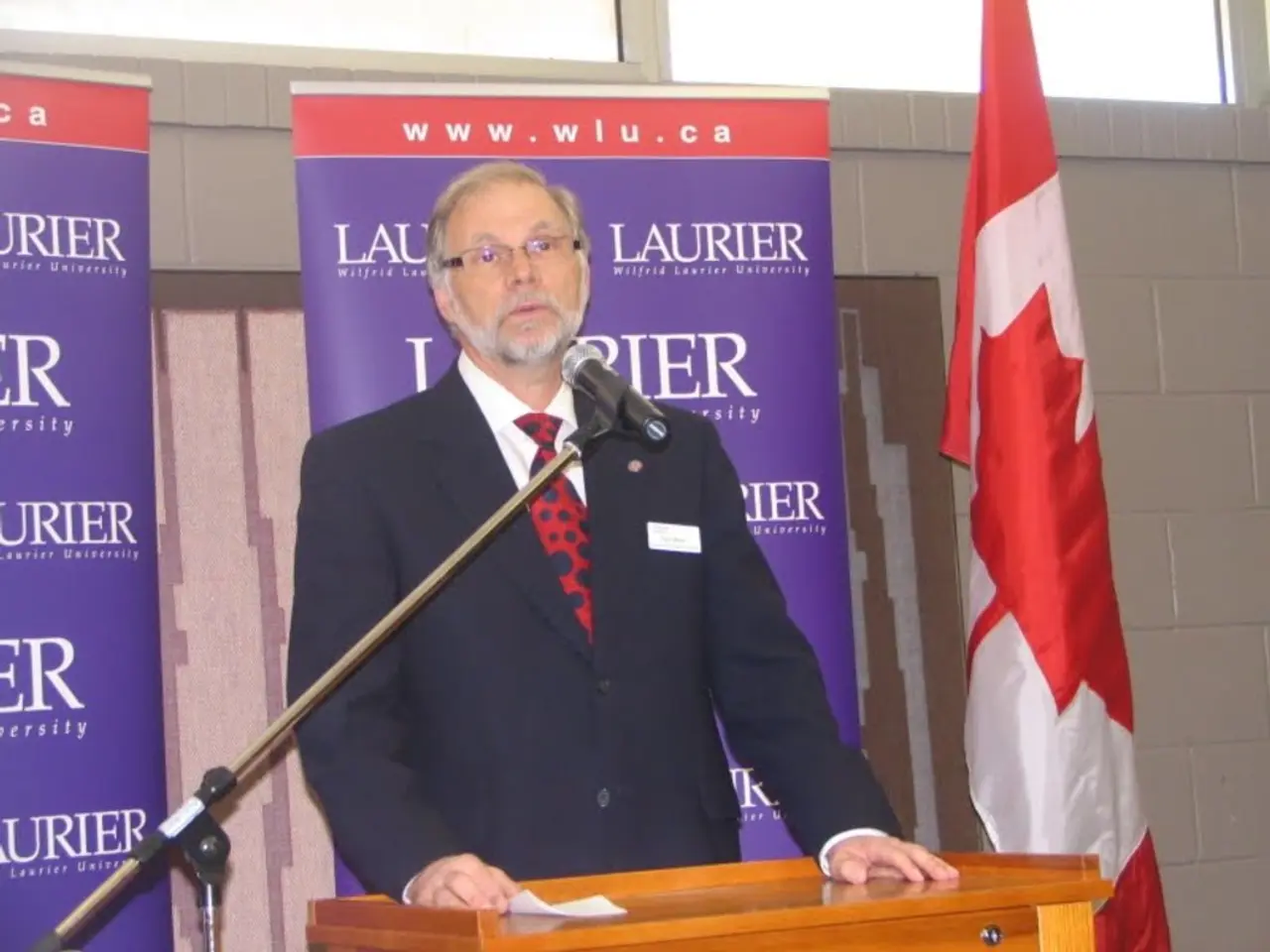Tech officials under Trump's administration assert tech companies are misusing H-1B visas, imposing a $100,000 annual fee for approval of entry
In a significant move, the U.S. President has signed a breaking news proclamation titled 'Restriction on entry of certain nonimmigrant workers.' Known as Project Firewall, this new policy aims to crack down on alleged abuses of the H-1B visa programme by tech companies, as reported by the nytimes.
The proclamation accuses certain companies of hiring H-1B staff while laying off domestic workers and training their replacements, a practice that has been deemed detrimental to U.S. workers and the economy. To address this issue, the proclamation sets forth new rules that will strictly enforce salaries for foreign workers to prevent undercutting of U.S. worker wages.
Under the new rules, employers must pay at least $100,000 with the petition for each H-1B worker they wish to hire. This requirement is intended to discourage companies from using the H-1B programme as a means to hire cheaper foreign labour.
The policy takes effect on September 21 and will last for 12 months, with the possibility of extension. However, some tech firms may be granted an exemption from the new rules if the Secretary of Homeland Security deems it in the national interest and not a threat to U.S. security or welfare.
In Fiscal Year 2025, several tech giants received a significant number of H-1B visa approvals. Infosys, Cognizant, Google, Tata Consultancy Services, and Apple each received more than 1,000 H-1B visa approvals, alongside Amazon, Microsoft, and Meta. Amazon, Microsoft, Meta, and Google each had over 4,000 H-1B approvals in FY2025.
The proclamation also cites a homeland security issue with the visa, claiming that foreign companies use the scheme for visa fraud, money laundering, and other illicit activities. The Department of Labor will lead the enforcement of the proclamation under the name Project Firewall.
Notably, all three companies conducted layoffs in 2025, which has raised concerns about the impact of the H-1B visa programme on U.S. workers. The new policy aims to address these concerns and ensure a fair and balanced approach to immigration in the tech sector.
Read also:
- United States tariffs pose a threat to India, necessitating the recruitment of adept negotiators or strategists, similar to those who had influenced Trump's decisions.
- Weekly happenings in the German Federal Parliament (Bundestag)
- Southwest region's most popular posts, accompanied by an inquiry:
- Discussion between Putin and Trump in Alaska could potentially overshadow Ukraine's concerns







